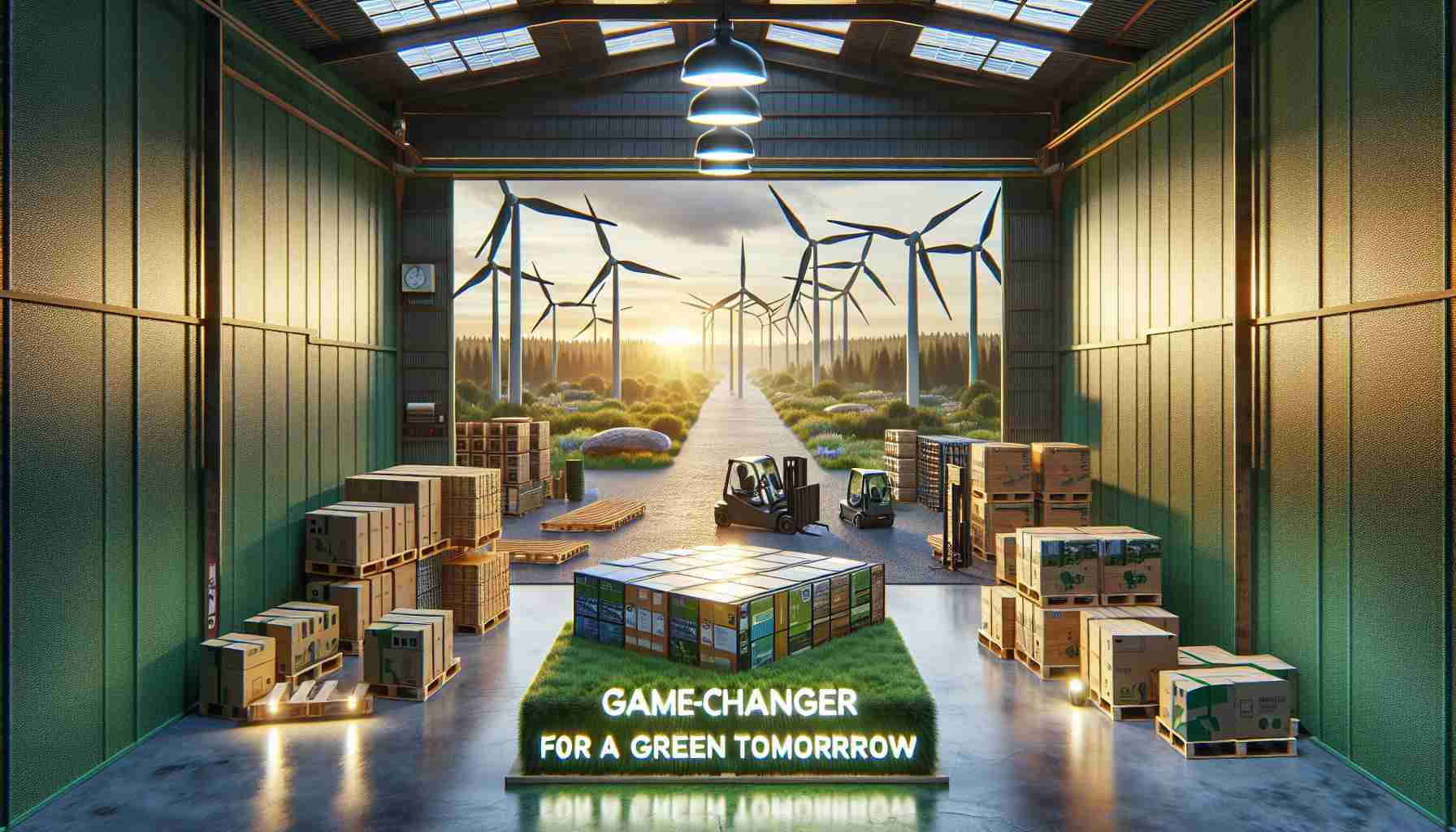IKEA’s Bold Commitment to Sustainability
IKEA is stepping up the fight against climate change by announcing a staggering investment of €1.5 billion (approximately $1.54 billion) aimed at enhancing energy efficiency in its stores and transitioning to sustainable heating and cooling methods. This strategic move by the Ingka Group aims to cut its negative environmental impact by 85% by 2030.
The shift away from fossil fuels, which produce harmful emissions, is crucial for achieving these ambitious goals. By focusing on renewable sources such as wind and solar energy, IKEA is positioning itself for long-term financial and ecological gains. Although the road ahead is challenging, the company is already mapping out a detailed action plan to steer its efforts.
This announcement follows last year’s commitment, where Ingka Group pledged €7.5 billion (about $7.7 billion) for off-site renewable energy development. Such substantial financial commitments are setting a precedent for other corporations to consider eco-friendly practices.
IKEA isn’t alone; major firms like L’Oreal and Meta are also innovating for sustainability—L’Oreal is exploring natural fragrance extraction, while Meta invested $35 million in a carbon removal initiative. These corporate efforts are vital in creating a healthier planet and inspiring other businesses to adopt sustainable practices.
Supporting green initiatives not only aids in reducing pollution but also strengthens community ties. As businesses lead the change, individuals are encouraged to engage in eco-friendly actions for a better tomorrow.
IKEA Takes a Giant Leap Towards a Greener Future
IKEA’s Bold Commitment to Sustainability
IKEA is making waves in the fight against climate change with an impressive investment of €1.5 billion (approximately $1.54 billion) dedicated to enhancing energy efficiency in its stores and facilitating the transition to sustainable heating and cooling systems. This initiative is part of a broader strategy by the Ingka Group, which aims to significantly reduce its negative environmental impact by 85% by the year 2030.
The shift away from fossil fuels is paramount in achieving these ambitious sustainability goals, as fossil fuels are major contributors to harmful emissions. By focusing investments on renewable energy sources, such as wind and solar, IKEA is not only taking proactive steps for ecological recovery but also preparing for long-term financial savings associated with energy efficiency. While the journey towards these goals is complex and multifaceted, IKEA has already begun laying out specific action plans to meet its targets.
This latest commitment builds upon a previous pledge from Ingka Group, which invested €7.5 billion (around $7.7 billion) over the last year for the development of off-site renewable energy sources. Such substantial financial commitments serve as a benchmark and encourage other corporations to adopt increasingly eco-friendly operational practices.
Industry Comparisons and Trends
IKEA’s commitment to sustainability mirrors a growing trend among major corporations to embrace eco-friendly practices. Companies such as L’Oreal, which is investigating natural fragrance extraction methods, and Meta, which allocated $35 million to a carbon removal initiative, are leading the charge alongside IKEA. This wave of corporate innovation is essential in the movement toward a healthier planet and serves as a catalyst for other businesses to implement sustainable practices.
Use Cases and Innovations
The implications of IKEA’s sustainability initiatives extend beyond just its own store operations. The company is spearheading several innovative projects, such as:
– Energy-Efficient Store Designs: New store layouts that incorporate energy-saving technologies, which can set a standard for retail environments globally.
– Circular Economy Practices: Initiatives aimed at recycling products and materials, thereby minimizing waste and optimizing resource use.
– Community Engagement Programs: Partnering with local communities to promote sustainability-focused initiatives, such as tree planting and educational workshops on reducing carbon footprints.
Limitations and Challenges
Despite the ambitious goals, IKEA faces several limitations and challenges in execution:
– Integration of New Technologies: The adoption of new, sustainable technologies may require significant training and adjustments in operations.
– Initial Investment Costs: The high upfront investment for new energy systems can deter smaller franchises or businesses from participating.
– Global Supply Chain Variations: Differences in regional regulations, resources, and supply chains can complicate the implementation of uniform sustainability measures across all stores.
Security and Sustainability Predictions
As businesses ramp up their sustainability efforts, they also need to consider the security aspects associated with new technology integrations. Protecting data, ensuring compliance with international sustainability standards, and managing supply chain transparency will be paramount.
Experts predict that by 2030, companies focusing on sustainability will not only lead in brand loyalty but also enjoy significant market advantages over their non-sustainable counterparts. As more consumers prioritize sustainable practices, the importance of transparency and accountability in supply chains will elevate.
IKEA’s continued efforts and financial commitments toward sustainability signal a pivotal moment in corporate responsibility, urging other companies to follow suit for a collective, positive impact on the environment.
For more information on corporate sustainability initiatives, visit IKEA.
